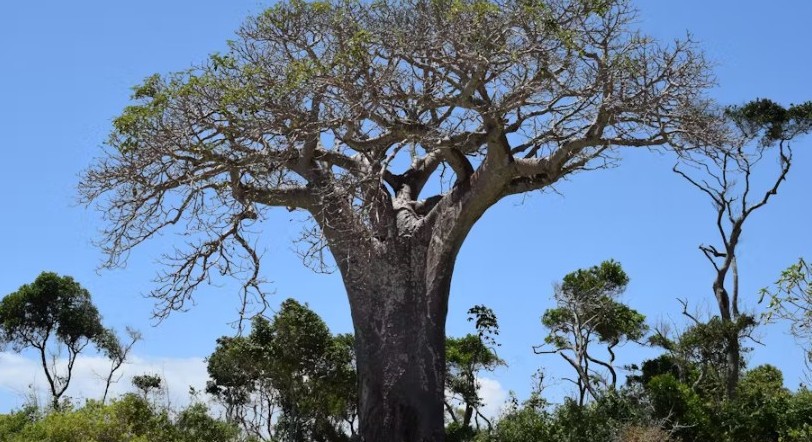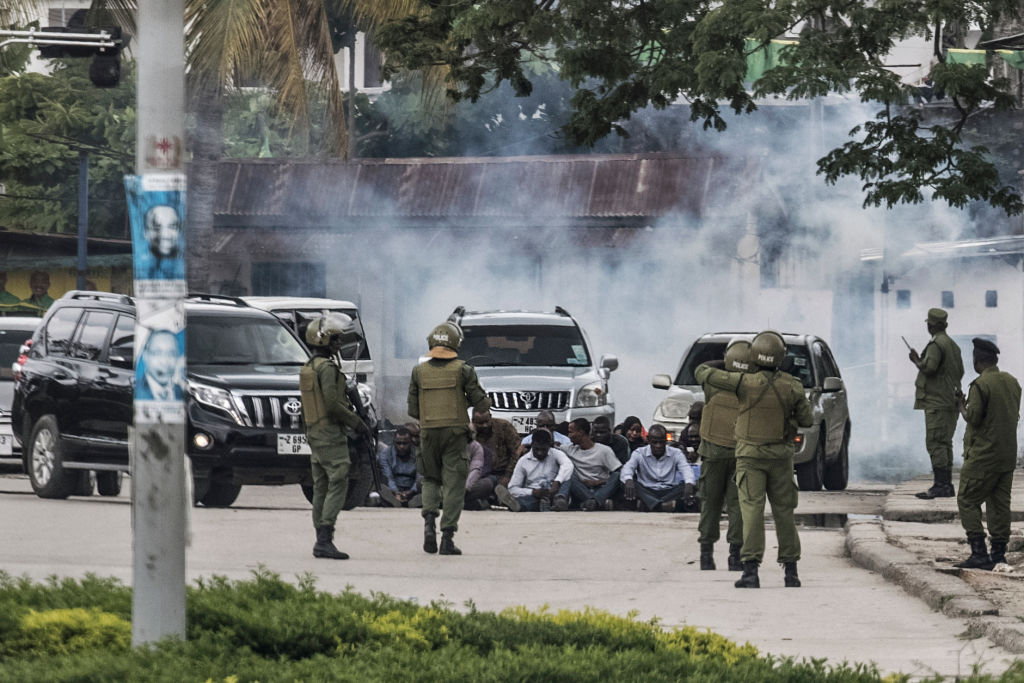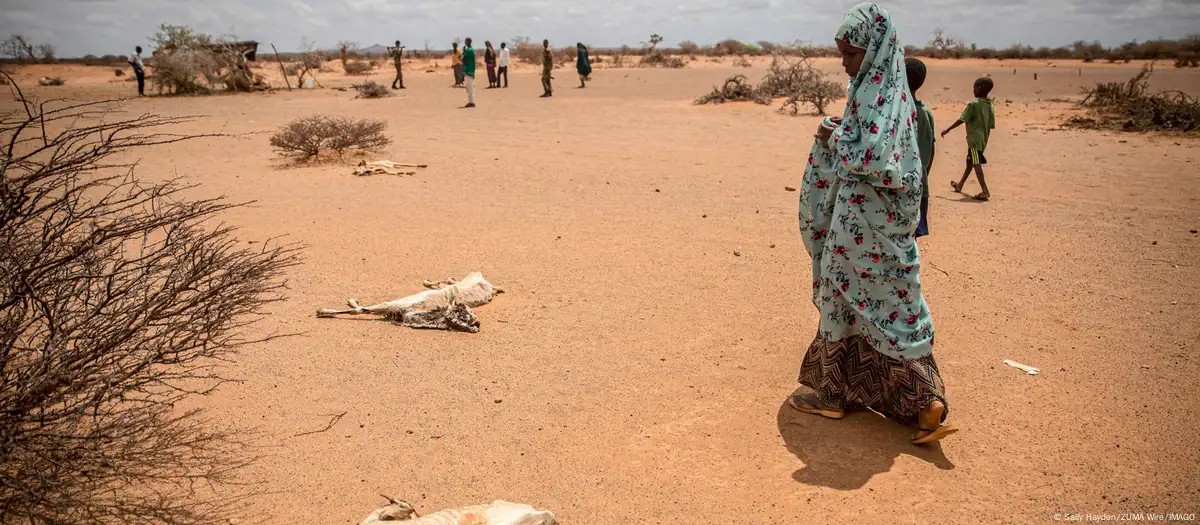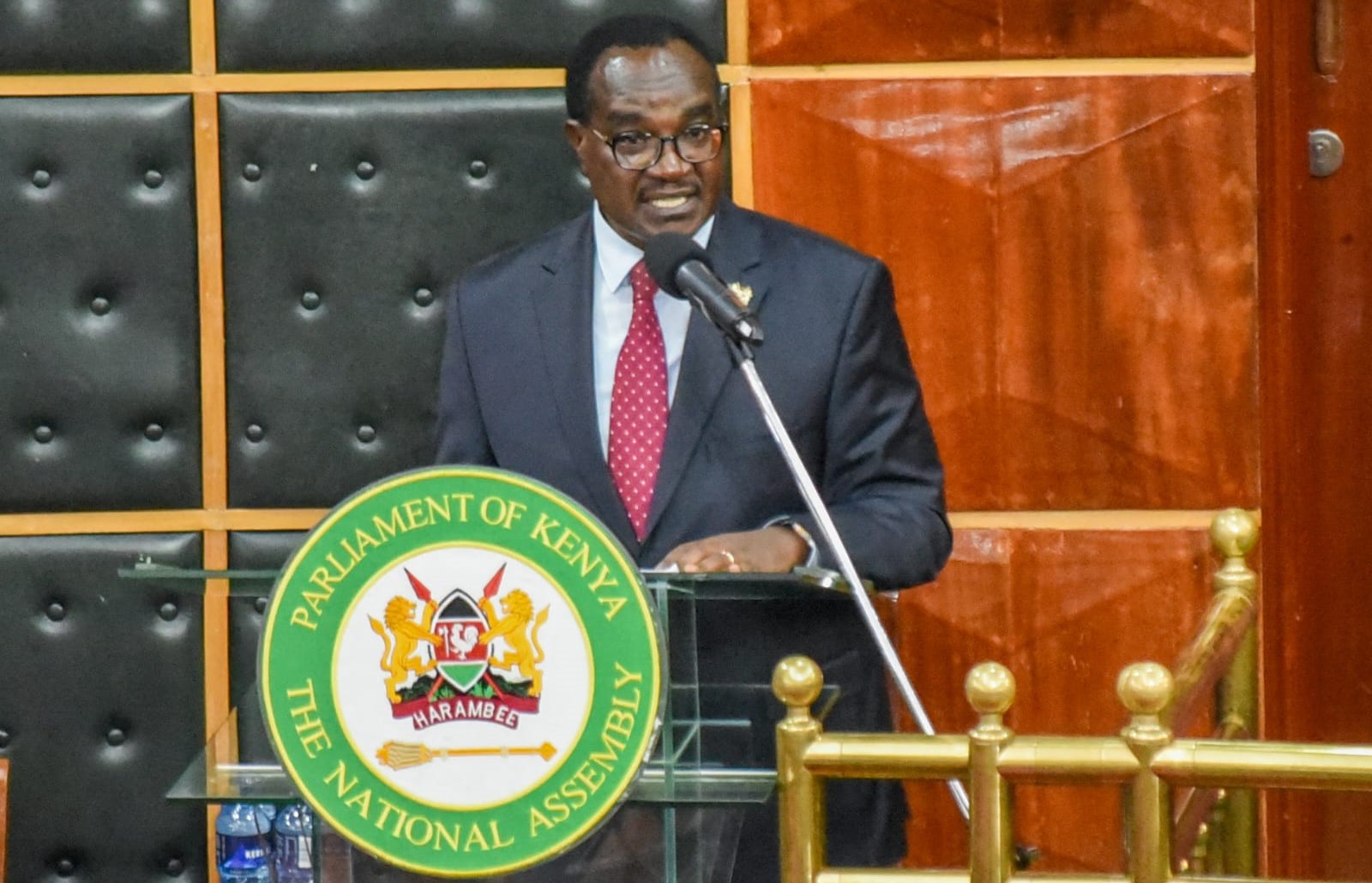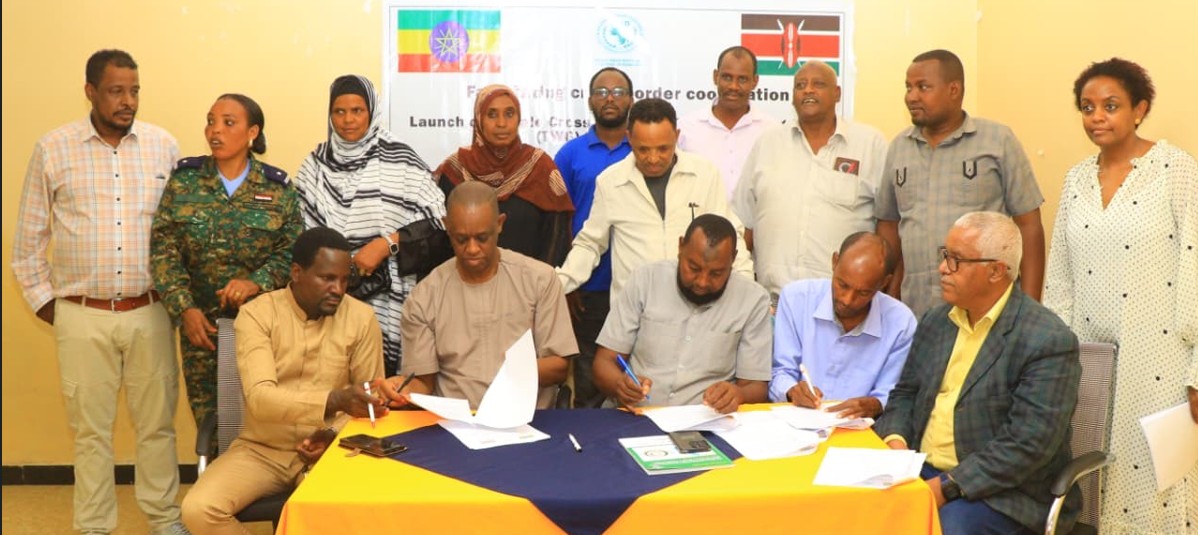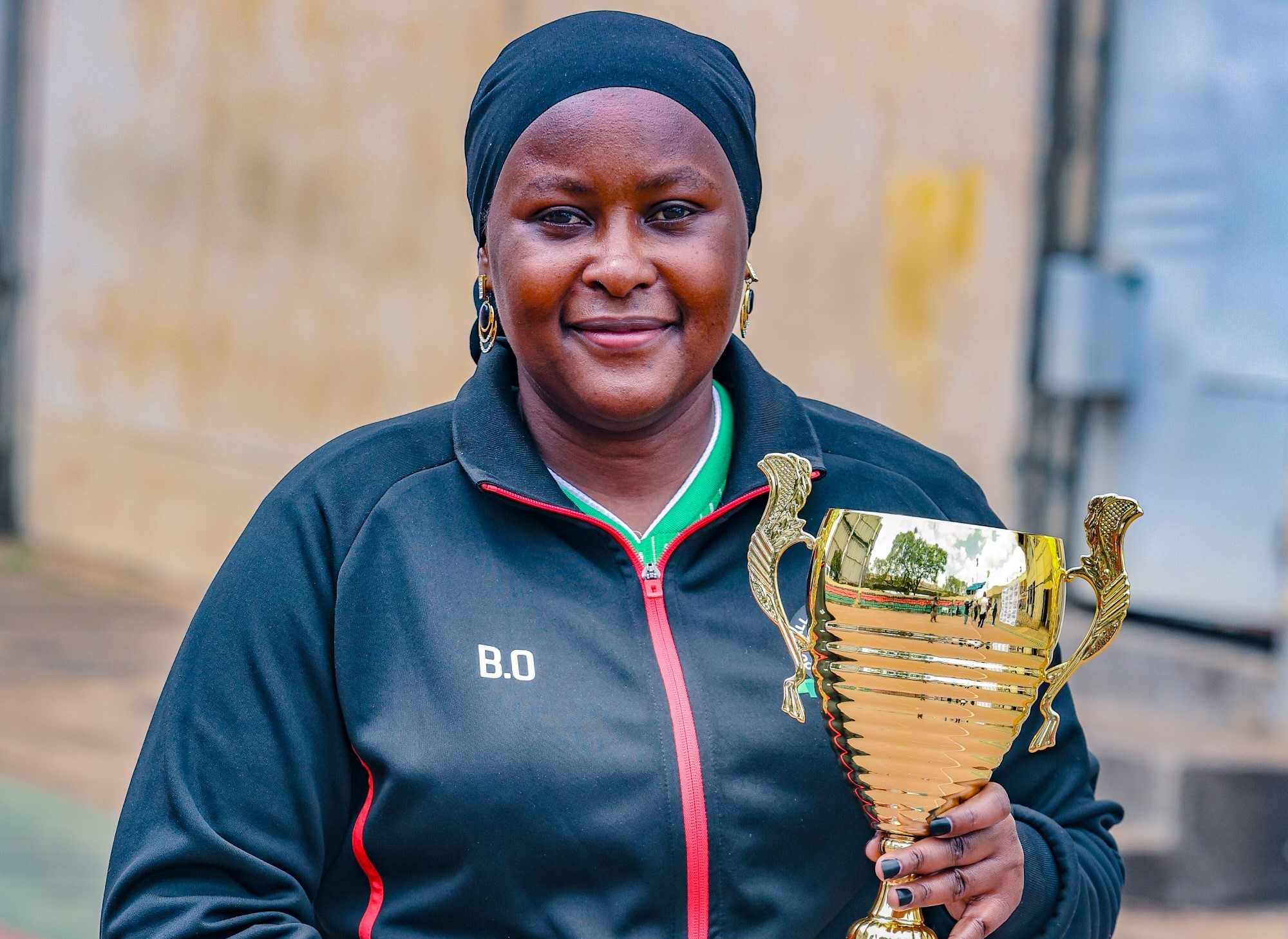Red Cross launches Sh2.4 billion emergency appeal to combat escalating climate crisis

With its 262,000 volunteers and 700 staff across 47 branches, KRCS has been providing cash and food assistance, clean water, and emergency healthcare to affected communities.
The International Federation of Red Cross and Red Crescent Societies (IFRC) has launched a Sh2.4 billion (CHF 15 million) emergency appeal.
The funds are intended to help the Kenya Red Cross Society (KRCS) deliver life-saving support to 300,000 people affected by worsening hunger, water shortages, rising malnutrition and disease outbreaks across drought and flood-hit counties in Kenya.
More To Read
- UN warns of missed climate targets ahead of COP30 Summit in Brazil
- Kenya among nine nations leading regional push to strengthen health systems against climate change
- Climate crisis is a daily reality for many African communities: How to try and protect them
- Hurricane Melissa is a warning – why violent storms are increasingly catching the world off guard
- Turning food waste into energy key to climate goals, says UN report
- UN warns global climate adaptation funds running dangerously low
The appeal comes at a time when millions of Kenyans, especially in arid and semi-arid lands (ASALs), are battling overlapping crises, ranging from failed crops and dying livestock to flash floods, displacement and surging health risks.
The Red Cross is urging relevant stakeholders to rally behind the initiative and provide immediate funding to save lives and bolster community resilience.
“The IFRC and Kenya Red Cross are urging governments, donors, humanitarian agencies and the private sector to step up support immediately,” the organisation said in a statement.
“Every delay deepens the crisis and puts more families in danger. The appeal seeks to ensure that no Kenyan goes hungry, thirsty, or without healthcare as climate extremes intensify.”
According to Naemi Heita, IFRC Head of Delegation for Kenya and Somalia, Kenya’s situation represents a complex emergency that goes beyond drought.
She reckons that families are simultaneously contending with hunger, health risks and displacement.
“Kenya Red Cross volunteers are on the frontlines every day, delivering life-saving assistance in some of the hardest-hit areas. Through this appeal, we aim to mobilise resources that not only address immediate needs but also strengthen communities against future climate shocks,” Heita said.
Across Kenya’s ASAL counties, home to about 16 million people, the scale of suffering continues to deepen.
Residents are reportedly trekking long distances in search of water as rivers and pans dry up, while malnutrition rates are climbing sharply among children and pregnant women.
In other regions, unusually intense rainfall has caused flash floods and landslides, wiping out homes and crops.
Diseases such as cholera, malaria and Rift Valley Fever have also spread rapidly, adding strain to already overstretched health facilities.
Recent forecasts show a troubling pattern: below-average rains are expected in 23 drought-affected counties, while areas such as Turkana and the Lake Basin face the threat of above-average rainfall, heightening flood risks and potential water contamination.
Protection concerns, including gender-based violence and early marriage, are also on the rise as families adopt desperate coping strategies amid deepening poverty.
The Red Cross’s appeal aims to expand emergency operations already underway.
With its 262,000 volunteers and 700 staff across 47 branches, KRCS has been providing cash and food assistance, clean water, and emergency healthcare to affected communities.
The additional funding will enable the organisation to scale up water trucking, repair and solarise boreholes, treat acute malnutrition and deploy mobile health and nutrition teams to remote areas.
It also seeks to support climate-smart agriculture, livestock protection and livelihood recovery.
Notably, the urgency of the situation was underscored by the deadly landslides that struck Moror and Chesongoch villages in Marakwet East, Elgeyo Marakwet County, on 31 October, killing at least 26 people.
The Kenya Red Cross, working with county authorities, evacuated the injured and provided relief supplies despite access challenges, with authorities warning of further landslides as rains persist, exacerbating an already fragile humanitarian situation.
KRCS Secretary General Ahmed Idris described the crisis as a convergence of multiple threats.
“Communities in Kenya’s ASALs are facing overlapping crises: prolonged drought, acute food insecurity, rising malnutrition, and protection risks, while disease outbreaks such as cholera and Rift Valley Fever compound the situation. In some areas, flooding adds further strain,” Idris said.
“This appeal will enable us to scale up life-saving support and strengthen resilience against these multiple shocks.”
Top Stories Today

